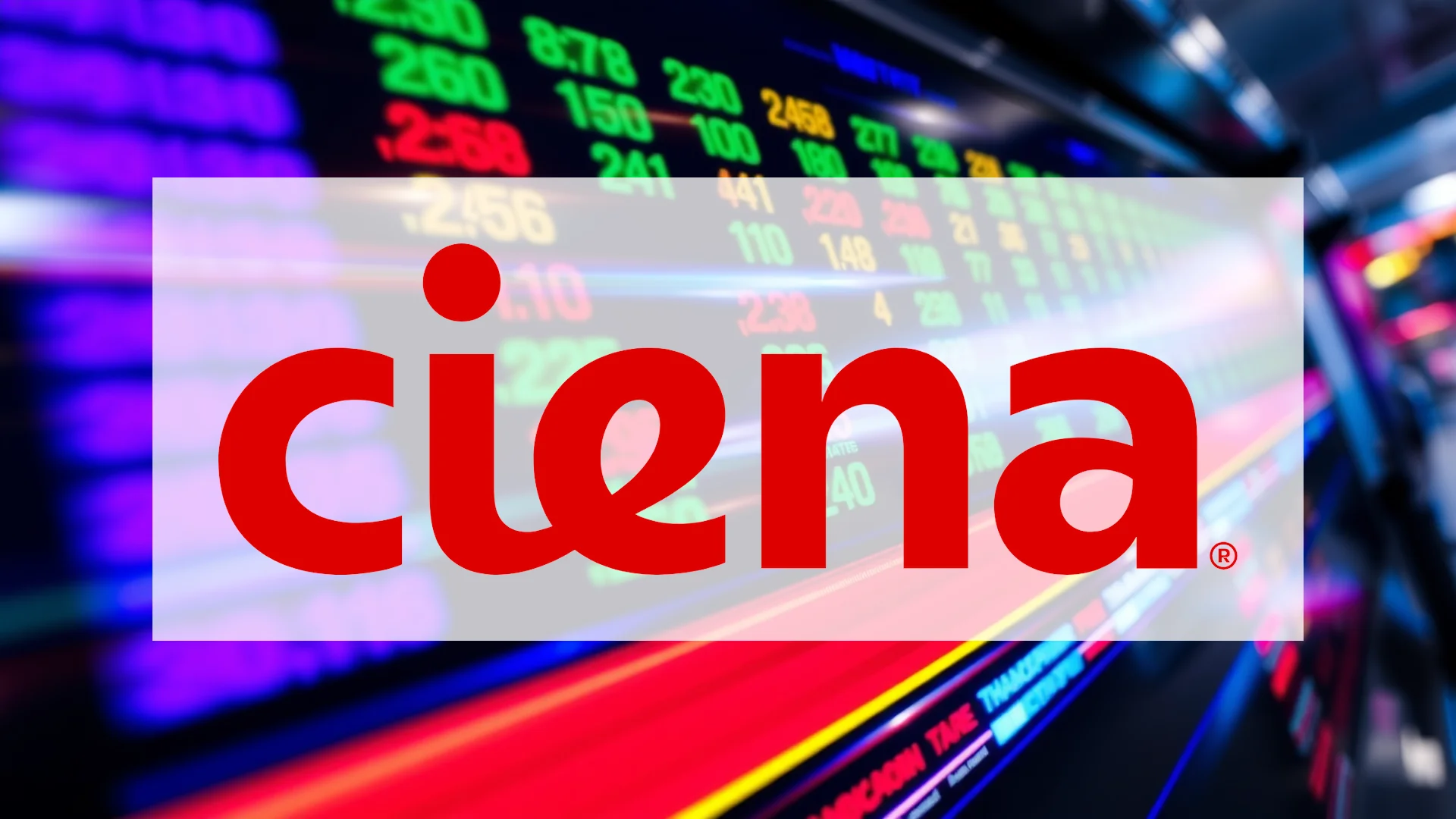The international maritime industry is confronting a period of profound transformation. A wave of new environmental mandates and emissions-focused regulations is compelling shipping firms to undertake strategic overhauls and commit to substantial capital investments.
US Opposition to International Maritime Accord
A significant development creating headwinds is the United States’ firm rejection of the International Maritime Organization’s (IMO) "Net-Zero Framework." This framework, which proposes binding emissions limits and a carbon pricing mechanism, is slated to take effect in 2027 for oceangoing vessels exceeding 5,000 gross tons. US officials have characterized the proposed regulation as a global carbon tax unfairly targeting American enterprises. They contend it could disproportionately advantage international competitors and sideline established US technologies.
The Emergence of a Fractured Regulatory Landscape
This stance by a major economic power ushers in a new era of significant regulatory unpredictability for the shipping sector. The industry now faces the tangible prospect of a fragmented global landscape, where different large economies may enact conflicting standards or even retaliatory measures. This climate of uncertainty is poised to heavily influence critical long-term planning, including decisions on:
Should investors sell immediately? Or is it worth buying Overseas Shipholding?
- Next-generation vessel designs and propulsion systems
- The selection of future marine fuels
- Capital allocation for fleet modernization and renewal
Specific Implications for Tanker Operators
For specialized operators like Overseas Shipholding Group, which maintains sizable fleets of crude and product tankers, this regulatory discord is particularly consequential. The US position indicates that potential global carbon pricing mechanisms or unified fuel standards may not be implemented as previously anticipated.
Consequently, shipping and logistics companies are being forced to reassess their decarbonization roadmaps and capital expenditure plans for vessel upgrades or new builds. Operating expenditures, especially those related to fuel and potential compliance costs, are under intense scrutiny.
The central question for market participants is whether reliable long-term planning remains feasible within this volatile regulatory environment. The fundamental restructuring of the global maritime industry’s financial and operational foundations appears to be just beginning.
Ad
Overseas Shipholding Stock: Buy or Sell?! New Overseas Shipholding Analysis from February 8 delivers the answer:
The latest Overseas Shipholding figures speak for themselves: Urgent action needed for Overseas Shipholding investors. Is it worth buying or should you sell? Find out what to do now in the current free analysis from February 8.
Overseas Shipholding: Buy or sell? Read more here...













